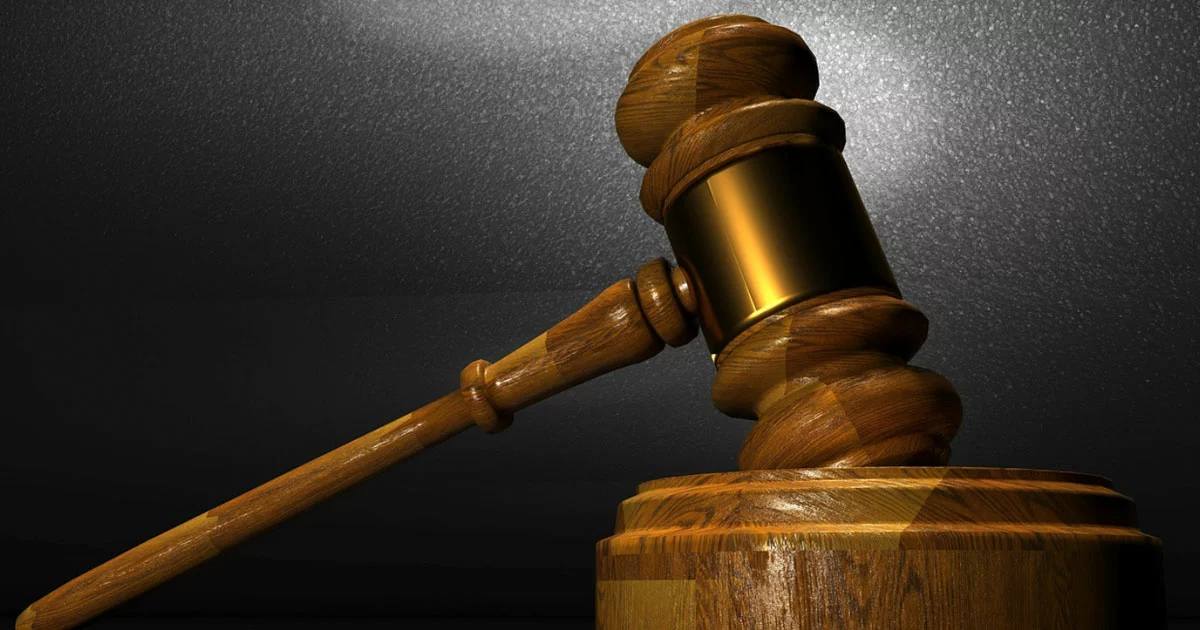Online gambling: the EU opens the door to refunds
The debate surrounding the recovery of losses incurred in unlicensed online casinos has reached a new stage. The Advocate General of the Court of Justice of the European Union (CJEU), Nicholas Emiliou, has issued a potentially game-changing opinion for thousands of players across Europe. According to him, EU law does not prevent consumers from claiming reimbursement of their gambling losses, even when they knew that the operator did not hold a national licence.
A case originating in Germany, tried in Malta
It all began when a German gambler took legal action against several Maltese online casinos which, despite not having a licence in Germany, had allowed him to place bets. He demanded reimbursement of his losses on the basis of German gambling legislation, which prohibits operating without a licence.
Faced with this demand, the operators defended themselves: according to them, the freedom to provide services guaranteed by the European Union allowed them to offer their games in Germany. They added that the player, aware of the absence of a licence, was committing an abuse of rights by demanding his money today.
The European Union rules: no abuse of rights
Malta asked the CJEU to clarify whether such a request was admissible under European law. The Advocate General’s response was crystal clear:
“Where a consumer has participated, from the Member State in which he is habitually resident, in online games of chance which, in that State, without authorisation issued by the authorities of that State by a games of chance operator established in another Member State, the principle of the prohibition of abuse of Union law does not preclude that consumer from bringing a civil action against that operator for reimbursement of the sums he has incurred, on the ground that the underlying gambling contract is void under the applicable contract law. “
In other words, the player cannot be accused of abusing EU law by reclaiming his funds.
The opinion also confirms that each Member State remains free to adopt its own gambling legislation, provided that it serves legitimate objectives, is applied consistently and is not discriminatory. A Maltese court may well examine whether German law is compatible with European rules, and conversely, a German court could judge the conformity of a Maltese law.
Fair Play legal, which also helps players with gambling-related complaints:
“This is in line with previous decisions in the Netherlands, in which losses were recovered from unlicensed providers. Important: an opinion of the Advocate General is not binding, but it is often followed.”
This reasoning is aimed directly at the Maltese Bill 55 law, adopted in 2023 to protect local operators against refund claims from abroad. The Advocate General refers to potential tensions with EU law. However, this law does not apply to the dispute in question, as it post-dates the German player’s complaint.
A crucial but not definitive step
In most cases, the Court of Justice follows the opinions of its Advocates General. But until the judgment is handed down, uncertainty remains. As Dutch lawyer Justin Franssen points out:
“In his reply to the six main questions referred for a preliminary ruling, the Advocate General confined himself, at the request of the Court, to an examination of admissibility and did not comment on the substance of the questions themselves. The challenge to admissibility by various governments was rejected by the AG, potentially paving the way for an examination of the merits of German law by the Maltese referring court, at least if and to the extent that the Court follows the AG’s conclusions. This will depend in part on the Court’s answer to the most relevant fundamental questions, on which it is not yet possible to take a meaningful view.”
“At this stage of the proceedings, it is too early for the parties to claim victory. In fact, it is now for the Court to examine the substance of the essential questions to which the Advocate General has not replied at the Court’s request. If the Court finds that the German system is contrary to Article 56 TFEU, this will have consequences for the claims of German players.”
If the Court were to conclude that certain aspects of the German rules infringe the freedom to provide services, the claims for reimbursement could be rejected.
What happens next?
The CJEU ruling will set the course for national courts. For operators, the financial stakes are colossal: if appeals multiply and judges order refunds, hundreds of millions of euros could be claimed. For players, the opinion is a sign of hope. But it will be several months before the Court makes its ruling.


